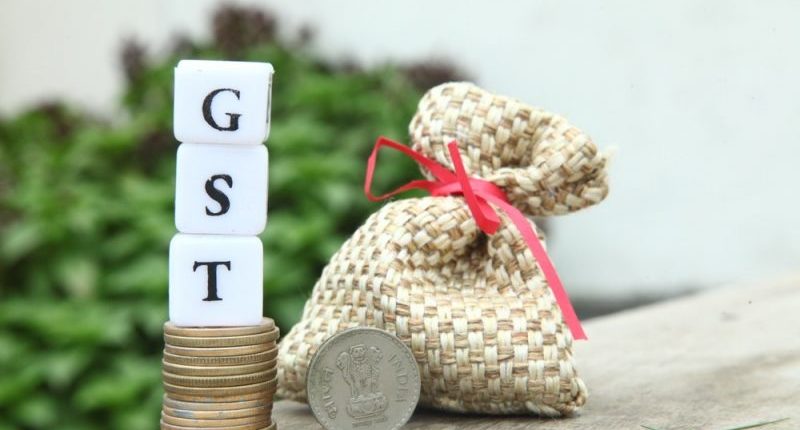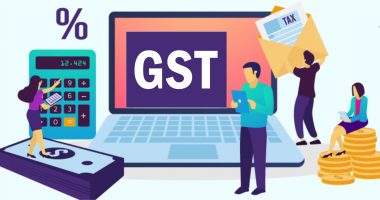The GST Council finally met on 27 July 2019 (Saturday) after postponing the meet from the earlier scheduled date of 25 July 2019. The Union Finance Minister, Nirmala Sitharaman chaired the meeting at New Delhi and was accompanied by her Deputy counterpart, Anurag Thakur.
The agenda was kept minimal as it was called via a video conference.
The Fitment Committee placed its report on the proposal for a rate cut on electric vehicles and chargers. Amidst backlash from State ministers such as Punjab, Delhi, and West Bengal, the meeting ended by recommending a reduction in GST rates as follows:
| Item | Before the decision | After the decision |
| Electric chargers & stations | 18% | 5% |
| Electric vehicles | 12% | 5% |
| The hiring of e-buses by local authorities is fully exempt. E-buses qualify for exemption if the carrying capacity exceeds 12 passengers. | ||
| Note: The changes will come into effect from 1 August 2019 via CBIC notification | ||
The prices of electric vehicles are currently high in comparison to petrol and diesel vehicles. The rate cut may lead to price drops and, in turn, allow a level-playing for the EV manufacturers. However, a higher tax rate on raw materials used for manufacturing of EV can nearly negate the benefit of the rate cuts.
Although the rate cut will not immediately create a major impact on EV sales, a sufficient span of two years or more may be needed for the sector to grow in length and breadth across the country.
Several domestic, private, and public sector companies have invested for setting up of electric charging stations across India and increase EV supplies. The list also has players such as Tata Motors and Energy Efficiency Services Limited (EESL).
It is estimated that the rate cut would annually cost a moderate figure of Rs 60 crore to the government exchequer.
Also Read: Increase in GST Collection of Union Territories/States
In addition to rate cuts, the deadline to opt for special Composition Scheme in CMP-02 stands extended to 30 September 2019. The scheme is available to the service providers having an annual turnover up to Rs 50 lakh.
Such taxpayers were notified under notification no. 2/2019-Central tax (rate) subject to terms and conditions, recently in March 2019.
Also, the due date for depositing self-assessed GST liability in CMP-08 is extended to 31 August 2019 for the quarter April-June 2019. The extension will apply to all the composition dealers. It was a much-needed decision as the GSTN has so far, not made the CMP-08 facility available on the portal.
CMP-08 was introduced in early 2019 as a self-assessed tax challan in replacement of GSTR-4. It was due on 18 July 2019 for the first quarter of FY 2019-20 but had been extended once till 31 July 2019.
Among the above highlights, many States laid down fresh proposals before the Council. The issue of highest GST rates prevailing in the automobile sector and the focus on BS-VI vehicle sector will be picked up in the forthcoming GST Council meets. Also, the deliberation on imposing stringent measures to avoid tax revenue leakage will be taken up in future meetings.
Annapoorna, popularly known as Anna, is an aspiring Chartered Accountant with a flair for GST. She spends most of her day Singing hymns to the tune of jee-es-tee! Well, not most of her day, just now and then.




